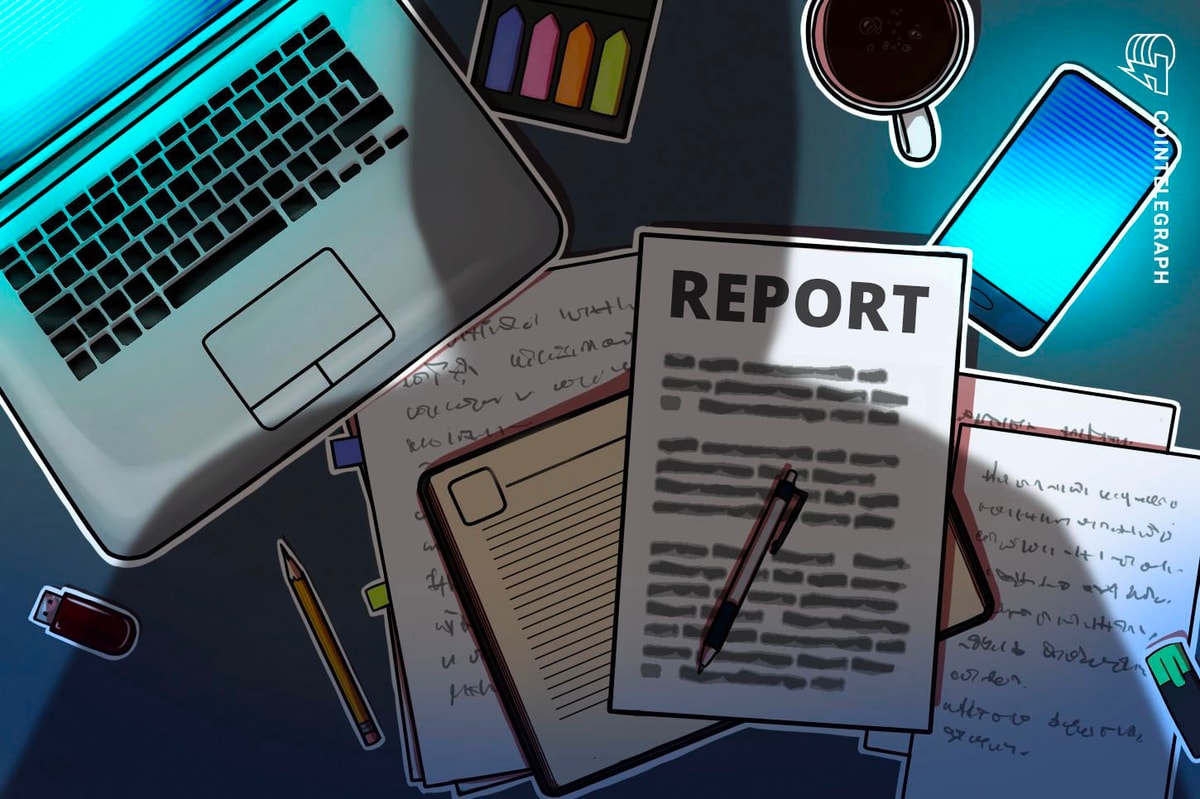The U.S. Treasury has released its first-ever financial risk assessment for non-fungible tokens (NFTs) to provide regulators with greater insight into the potential risks and security issues facing the rapidly evolving market.
Several of these include the potential for terrorists to fund their operations through NFTs, state actors using NFTs to finance nuclear proliferation, money laundering, and investors who may experience theft, rugpull, or other forms of fraud. Potential hazards have been identified. Become famous.
The report repeatedly highlights that much of this illicit activity occurs through fiat financing and trading and is not limited to the digital asset space.
“This risk assessment recognizes that the majority of money laundering, terrorist financing, and proliferation financing by volume and value occurs outside the digital asset ecosystem, through fiat or other traditional methods,” the report emphasized.
Moreover, the Treasury Department found that even in cases of investor or market abuse, digital asset fraud tends to occur through older scams that predate the invention of blockchain and cryptocurrencies, such as Ponzi schemes or profiting from inside information. However, fraud also occurred through mechanisms inherent to digital assets, such as smart contract manipulation, the report explained.
Nonetheless, the Treasury Department’s assessment noted a high potential for abuse and illicit activity through NFTs, but also acknowledged that there are few instances of NFTs being used for terrorist financing, nuclear proliferation, or drug trafficking.

Related: US Treasury Strategy Will Strengthen Crypto Asset Regulations and Increase Use of AI
Perhaps the most significant example of malicious activity mentioned in the report is the theft of digital assets by the North Korean government and associated hacker groups to evade U.S. sanctions and raise revenue for military spending. The Treasury Department once again noted that NFTs account for a small percentage of overall digital asset theft and explained that other financial institutions have also been hacked by North Korea.
The report addresses potential abuse through NFTs, including regulating the NFT market, working with industry insiders to prevent fraud, collaborating with foreign partners to prevent illicit geopolitical activity, and educating consumers about the potential risks associated with non-fungible tokens and digital assets. It concludes with some recommendations for mitigating . .

